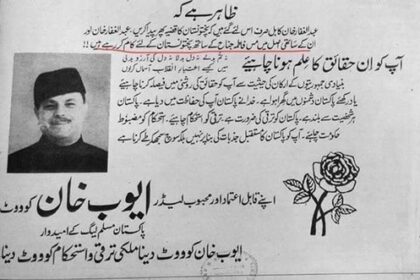On May 2nd, 2023, the Ministry of Climate Change, Pakistan, launched the National Clean Air Policy. It was informed by the research done by the Asian Development Bank. It was bold, comprehensive, and, unlike other policies, specific about the targets, which is where the government made a mistake.
The year 2024 was a year that will live in infamy, at least for Islamabad’s air quality. The AQI skyrocketed to alarmingly dangerous levels and caused significant health damage to vulnerable populations. Smog, once a distant nightmare from Lahore or New Delhi, made its unwelcome debut in Islamabad, creeping all over the city in a haze of policy failure, and yet, it wasn’t enough to make the government act.
You are Never Too Young to Sue your Government:
In this dystopian backdrop, two students from Islamabad decided to hold the government accountable for not following its own policy. They filed a petition under article 199 of the constitution of Pakistan. Taking the federation of Pakistan, along with a number of federal and local authorities, to court.
Both petitioners, Rida Rashid and Hania Imran, are prominent climate activists. They have represented Pakistan at a number of platforms, including COP, and have lent their voices to the fight for climate justice.
Some Background:
AQI stands for Air Quality Index. It measures five key indicators, namely, ground-level ozone, particle pollution, carbon monoxide, sulphur dioxide, and nitrogen dioxide. A higher number indicates worse air quality and higher risks for the vulnerable population. An AQI number over 200 is considered highly dangerous, and, well, in 2024, Islamabad’s AQI was above 200 for more than 30 days. This means that for more than a month, Islamabad was at the risk of a serious health crisis, which only happened due to the inaction and tacit complicity of the government.
What is the Case About:
Article 9 of Pakistan gives citizens the right to life, and article 9A, which was added in the 26th constitutional amendment, gives citizens the right to a clean and healthy environment.
Article 14 speaks to human dignity, while Article 18 underscores the right to pursue one’s trade or profession, which, as you know, cannot happen when one is sick because of the government’s negligence.
The gap between the national clean air policy and its implementation is so big, you could probably drive a smoke-bulging truck through it. The policy promises a shift to Euro 5 standards fuel, but you can guess what you are getting at petrol stations. Not Euro 5. The Clean Air Policy explicitly bans open waste burning, yet in Islamabad, it seems to be everyone’s favourite pastime. Whether it’s leaves, garbage, or anything that burns, the air is thick with the scent of neglect.
Moreover, vehicular emission violations are so common that the noncompliant vehicles are more common than the compliant ones. While the Islamabad Police is busy doing racial profiling of marginalised ethnicities, there is zero enforcement of vehicular standards.
The petitioners have only one demand: IMPLEMENT YOUR OWN POLICY. The petition points out the lapses in policy implementation and demands answers from a long list of respondents. From the Ministry of Climate Change and the Pakistan Environmental Protection Agency (Pak-EPA) to the Islamabad Traffic Police and the Oil and Gas Regulatory Authority (OGRA), the list is a who’s-who of environmental neglect. Each respondent had a clear role in implementing the Clean Air Policy, and each failed spectacularly.
This Case Matters:
It is not just about Islamabad. It is about accountability, holding the government responsible, establishing that environmental justice violation is a direct violation of basic human rights, and any neglect is a violation of the Constitution of Pakistan. It is about setting a precedent and creating a ripple effect that will force the policymakers all over the country to put their money where their mouth is.
What’s Next?
The case has been admitted and will be heard by Justice Miangul Hassan Aurangzeb. The court will have to, as the case progresses, grapple with uncomfortable realities. Only time will tell, will this case compel the government to act, or will this become another cautionary tale of good intentions buried under bureaucracy?
The Big Question: But What Can I Do?
For now, Rida Rashid and Hania Imran are leading the charge, reminding us all that clean air isn’t a luxury—it’s a right. And if you’re still breathing easy, thank them for fighting the battles you didn’t even know you were losing.
As for what you can do, follow the “saans lene dou” campaign on Instagram for starters. If you can donate for the cause, donate. Other than that, you can help in building the momentum for the case. Social media, if used for something other than watching Sigma Boy reels, can be a powerful platform. You can create content or at least share it.
Remember, this is your fight, and you must take it much farther than this case alone.














